FEATURED POSTS
12/21/2024 - STONE SOLSTICE

This morning, eight lucky lottery winners - out of some 20,000 - each dressed in their finest winter garb, climbed single-file into a tiny stone cave. Hundreds cheered them on, but perhaps felt a pang of jealousy that they could not shuffle into the cramped passage themselves. Morning light already suffused the landscape to reveal verdant checkers of forest and farmland, but the sun itself remained elusive behind the low-hanging clouds of an Irish dawn. Painfully anachronistic electricity illuminated the lucky few as they swirled into a circular chamber at the heart of this stone chapel. They could see etchings of all kinds, some jagged, some curved, some morphological, adorning the walls of three small transepts. They looked up to admire a vaulted ceiling of interlocking stone leaves, evocative of ancient earthen fingers clasped in a circle as one might hold a butterfly. Then came the exciting part: the lights were shut off. They stood in the darkness. They waited.
Only when you wait for the sun do you begin to understand its mercy. Humanity has calculated its trajectory across the firmament with remarkable accuracy for at least as long as our first literate societies have known how to write, and probably for much longer, and yet the anticipation for its miraculous arrival still retains its potency amid stone and morning dew. This small band of strangers looked back at the corridor through which they had come, and surely felt the stirring of dust-covered sensations: nostalgia, or perhaps mysticism, or some other chthonic emotion. In hindsight, it was clear that this passageway was constructed on a slope to ensure that the entrance itself is not visible from the central chamber; however, a small window above the door now began to glow. Then: the miracle. As God is often accused of saying, "Let there be light."
09/11/2023 - STITCHING THE HARMONIOUS WHOLE

During the previous academic year I had the distinct privilege of collaborating with several colleagues at the Mansfield Library in the creation of an experimental approach towards not only reimagining our instructional curriculum but also mapping our values and goals as a part of the library more broadly. After spending the fall semester refining the process and ultimately carrying out the experiment in December 2022, we then regrouped and created an interactive presentation of our approach for the Montana Library Association conference in April 2023. This experience helped us break through communication barriers and provided an alternative to conventional curriculum revision approaches which are rooted in linear thinking and assume scarcity as a default, and I hope this approach will continue to help us - and anyone else who gives it a try - create a "crazy quilt" of ideas which prioritizes holism over neatness or conformity.
12/04/2022 - ARTIFICE AND INTELLIGENCE

I heard about the latest iteration of the ChatGPT machine, which quickly generates lengthy responses to text-based inquiries in a style designed to mimic human conversations, from a Tweet which favorably compared its verbose and highly-formatted response to a programming question with the Google search results to the exact same query.
12/19/2020 - THE CYBERPUNK FUTURE IS NOW

2020 will probably not be remembered as the Year of Cyberpunk, thanks to the instantly-infamous botched release of Cyberpunk 2077, the most-anticipated game in years whose promise of a deeply-immersive roleplaying experience in a technologically-supercharged hypercapitalist dystopian future was marred by, well, hypercapitalist strategies such as media manipulation, development crunch, and perhaps even a culture of artificial console scarcity. However, the genre’s resurgent relevance is no accident: in a country whose 21st century has so far been defined by 9/11, the 2008 recession, Donald Trump, coronavirus, and climate change, a cynical perspective of the future seems all but guaranteed. “The world you expected to be the future didn’t happen," said Mike Pondsmith, the creator of the original Cyberpunk tabletop roleyplaying game, in an interview with Wired. “We were supposed to get The Jetsons and instead we’re not sure if we’re gonna get fed."
11/21/2020 - THESE PIXELS ARE HANDMADE

After being born over a year ago, my website has slowly but surely evolved from a simple sandbox to a small but sturdy skeleton upon which I am finally beginning to drape some sinewy scraps of meat. Building upon my extremely basic and sporadic attempts to learn web development and programming, which blossomed in the halcyon days of early-2000s forums like Gaia Online and expanded after taking a few computer science classes in high school and college, I’m extremely proud of what I’ve already been able to create (and feel grateful that Neocities’ backend stonewall has relieved me of doing any actual coding except for the occasional snippet of JavaScript)!